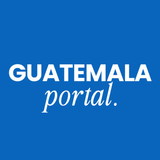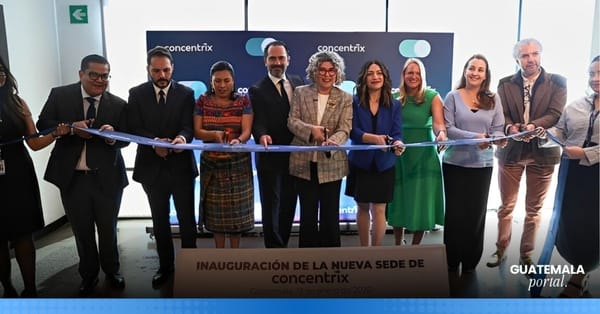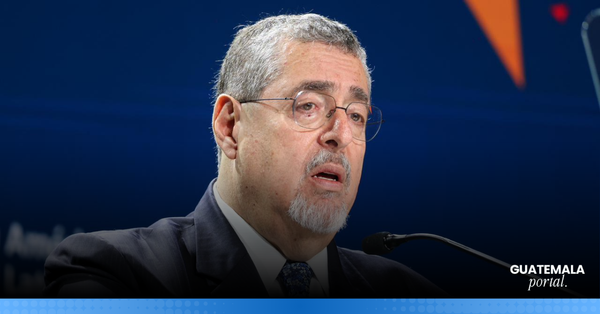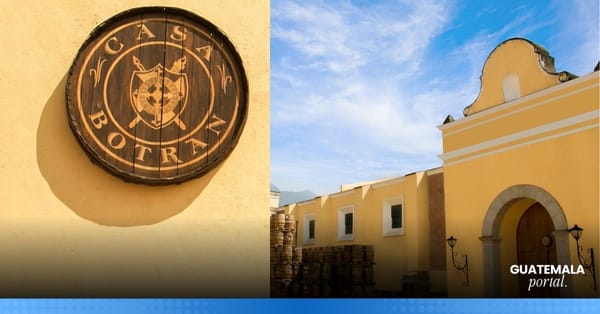Guatemala Strengthens Its Early Warning System with Support from Japan
Guatemala enhances its early warning system with support from Japan and UNESCO, boosting disaster prevention and response capacity.
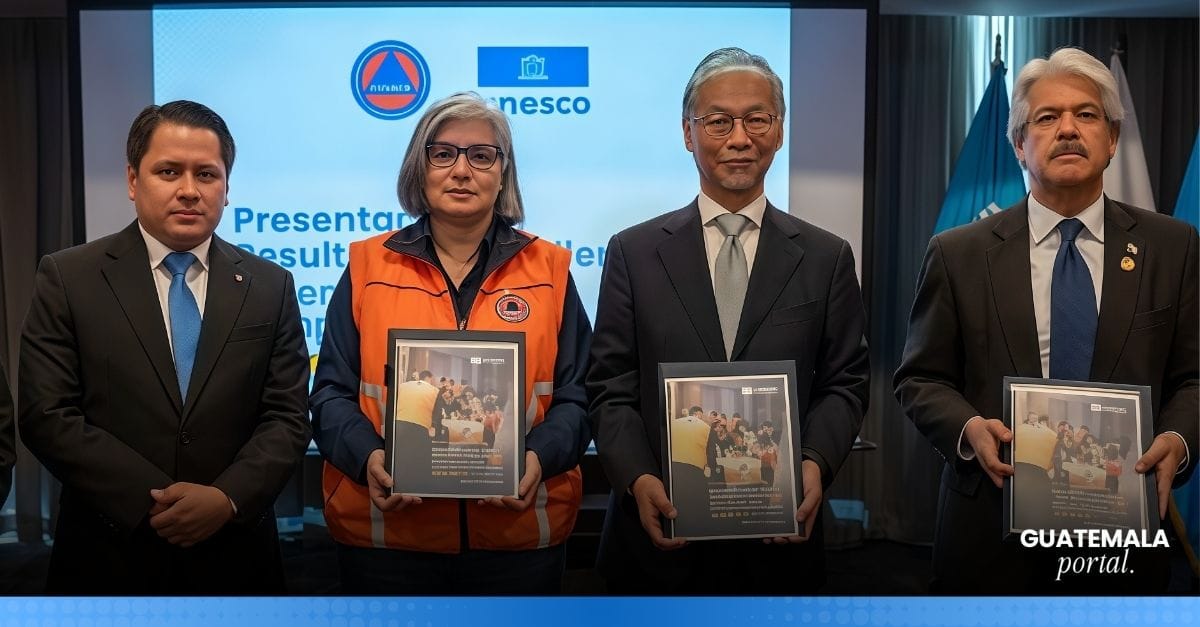
On the occasion of the International Day for Disaster Risk Reduction, authorities from Guatemala and Japan, together with representatives from UNESCO, presented the outcomes of the Multi-Hazard Early Warning System Workshop. This initiative aims to strengthen Guatemala’s national capacity to anticipate and mitigate natural disasters.
The meeting reaffirmed the country’s institutional commitment to prevention and interagency coordination, two key pillars of the National Plan for Strengthening Early Warning Systems 2024–2027.
Japanese Ambassador, Kuwana Ryosuke, highlighted the geological similarities between the two nations and emphasized the importance of having effective early warning mechanisms that can save lives and reduce damage in vulnerable communities.
Japanese Technology and International Cooperation
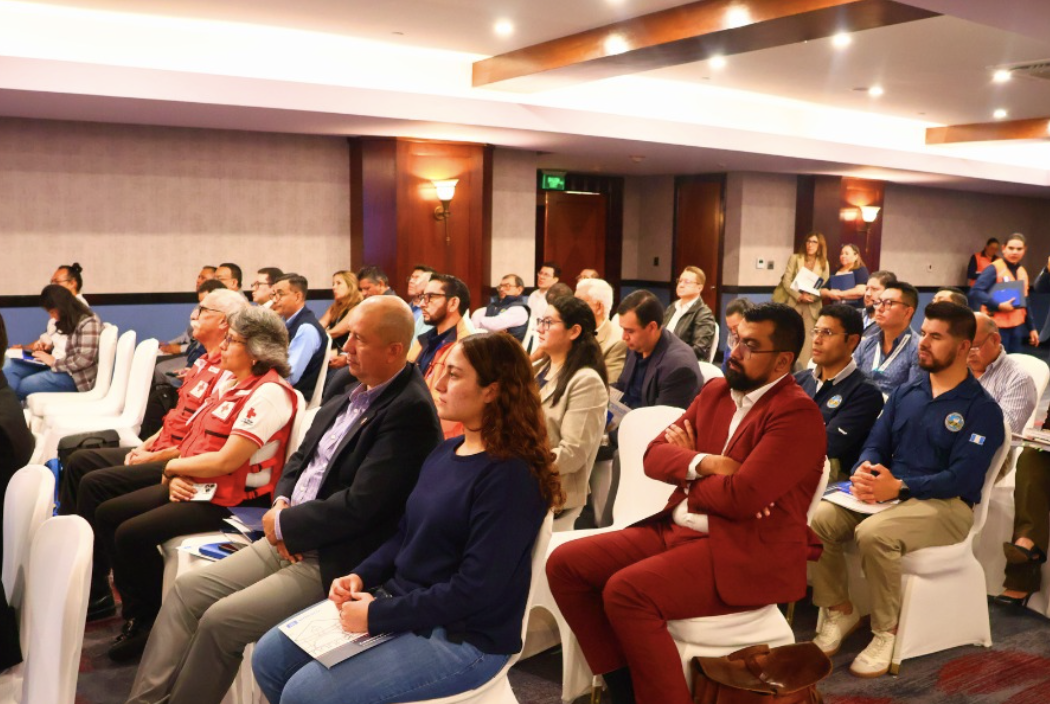
Japan has long been a strategic partner for Guatemala in disaster risk management. During the event, Ambassador Ryosuke underscored his government’s interest in continuing to support technology transfer and technical training. He mentioned Japanese companies such as NEC, which have developed seismic and meteorological alert systems already partially implemented in Guatemala. These technologies will make it possible to issue early warnings with greater accuracy and speed in the face of earthquakes, heavy rainfall, or landslides.
Meanwhile, Rodrigo Espinosa, UNESCO Science Officer in Guatemala, explained that the workshop helped generate recommendations to strengthen the four pillars of early warning systems:
- Risk knowledge
- Monitoring and alert
- Effective communication
- Response capability
Espinosa reminded attendees that “disasters are not natural; what turns them into disasters is our vulnerability,” encouraging a shared sense of responsibility toward prevention.
A Coordinated Network to Reduce Risk
Claudinne Ogaldes Cruz, Executive Secretary of Guatemala’s National Coordinator for Disaster Reduction (CONRED), explained that the national system is built on collaboration among institutions, communities, and international organizations.
She emphasized that early warnings “are not just about technology or protocols, but the bridge that connects science with community action, and prevention with life itself.”
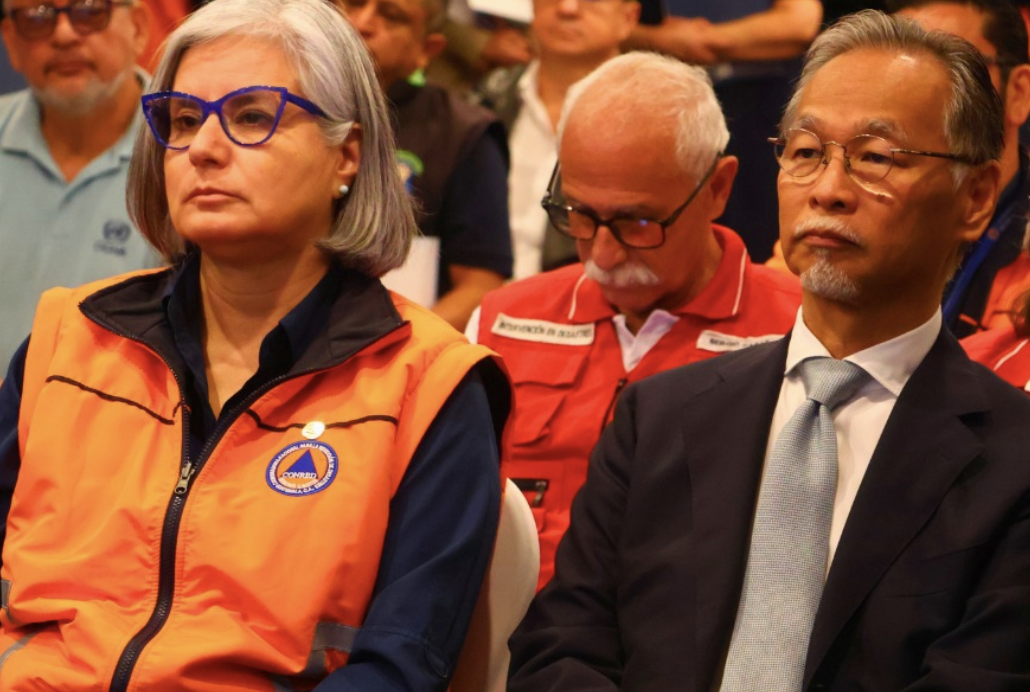
She also noted that Guatemala is in talks with Japanese companies to improve its seismic alert systems, as well as with the CLAR network to implement a cell broadcasting mechanism that would send localized alerts to at-risk populations.
During the workshop’s closing remarks, UNESCO’s headquarters in Paris reaffirmed that Guatemala is among the 15 most vulnerable countries in the world, making it a priority within the Global Early Warning for All Initiative.
Nevertheless, the strengthening of Guatemala’s early warning system—with Japan’s technical support and UNESCO’s guidance—marks a significant step toward a more coordinated and preventive approach to risk management. The combination of international cooperation and local expertise will help the country improve early threat detection and reduce vulnerabilities.

